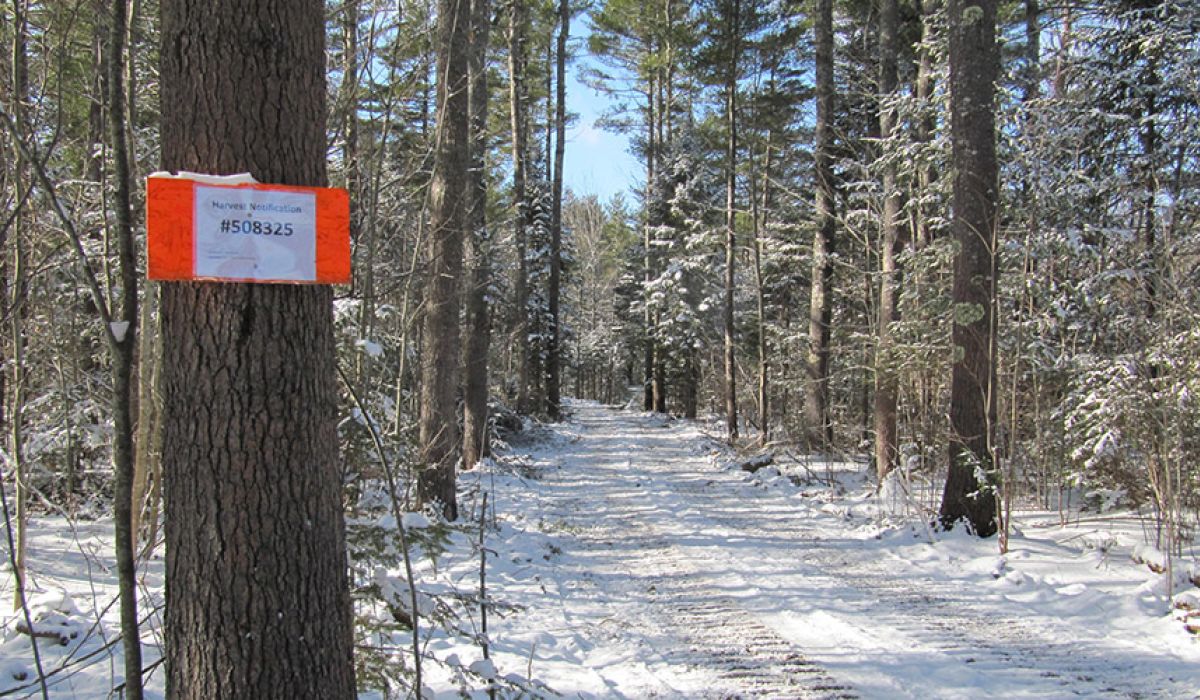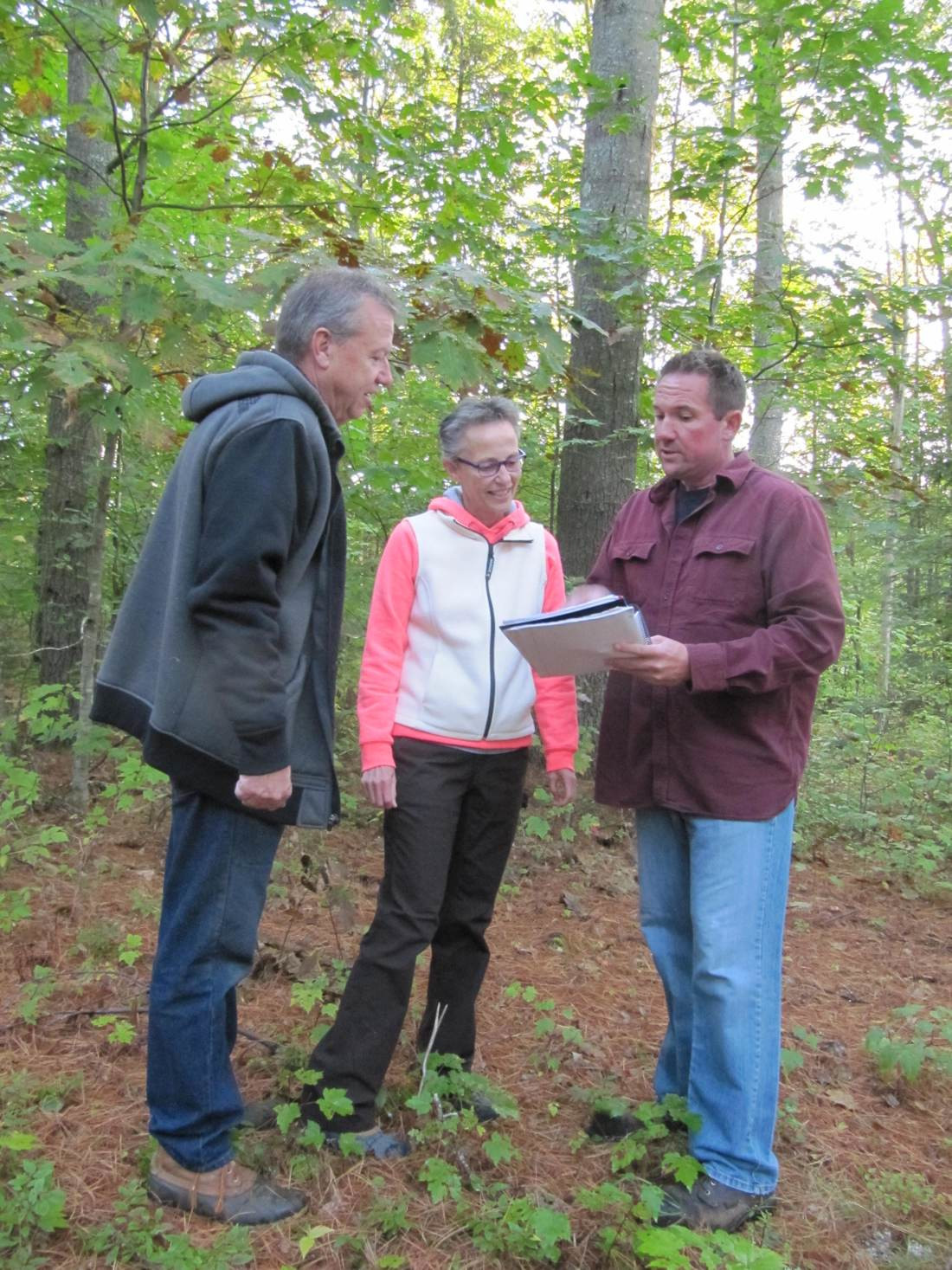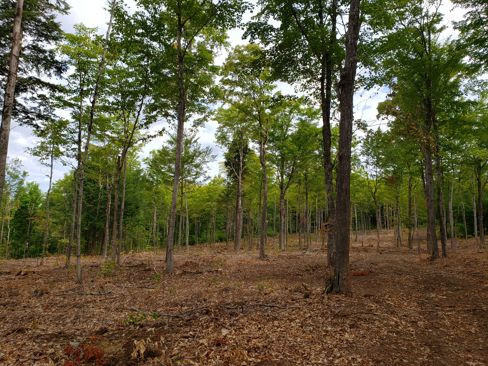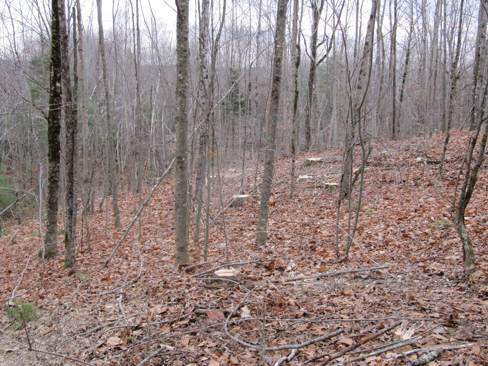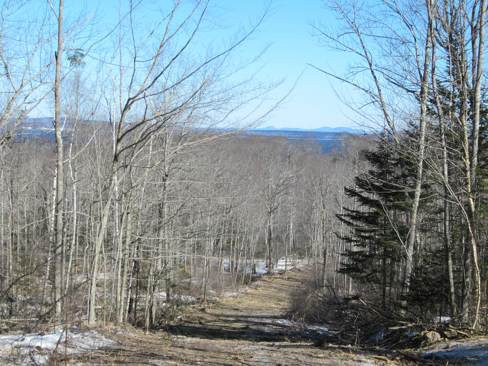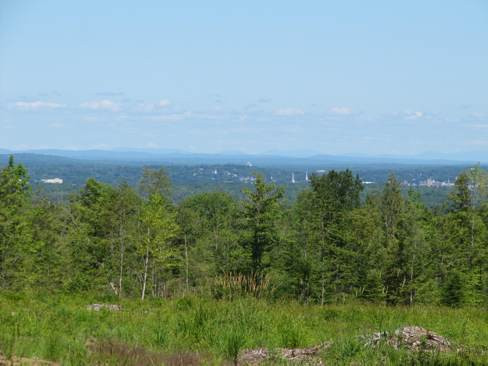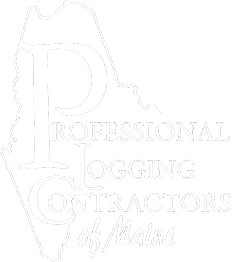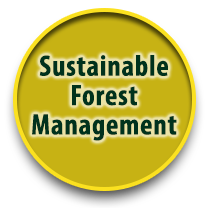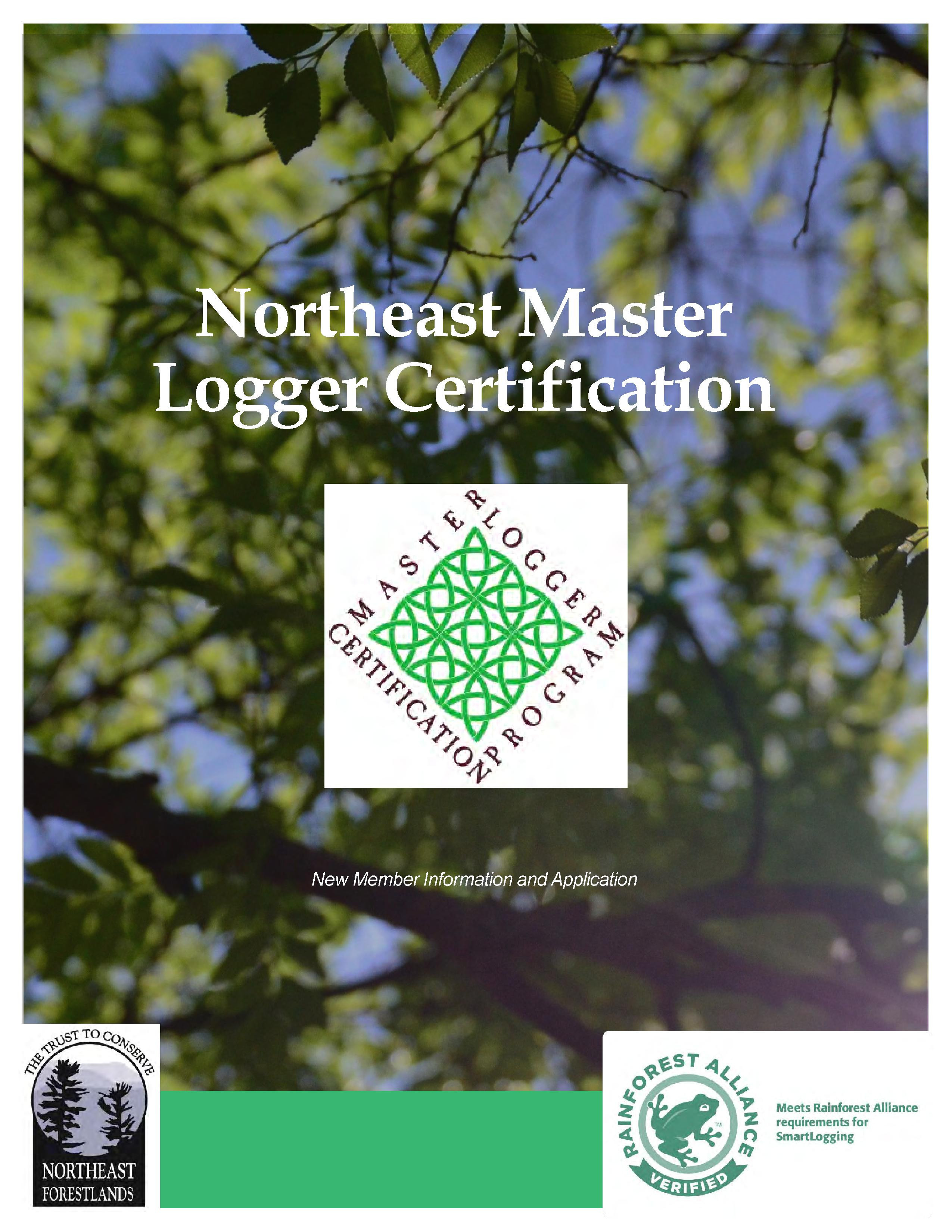
Excerpts from the Northeast Master Logger Certification Manual:
About Master Logger Certification
The Master Logger Certification program operates under the Trust to Conserve Northeast Forestlands. The Trust to Conserve Northeast Forestlands (TCNF) is a 501(c)3 organization formed by
the Professional Logging Contractors of Maine in 2003 to administer the Northeast Master Logger Certification program with the broader goal of “enhancing the health of working forest
ecosystems through exceptional accountability”throughout the Northern Forest region.
The Trust supports exemplary forest professionals, landowners, and wood product manufacturing companies who are committed to responsible and accountable management of forest ecosystems by
providing low-costaccess to forest certification and building the region’s capacity to produce third party certified forest products and ecosystem services.
Who? Maine was the first place in the world with a point-of-harvest Master Logger Certification program, offering third party independent certification of logging
companies’ harvesting practices.
Why? To compete successfully in a global marketplace, we believe that Northeastern harvesting companies and other forest professionals must demonstrate that they set a
world standard for economic AND environmental performance.
When? Rather than be swept along by the changes occurring in the global marketplace, the Professional Logging Contractors of Maine decided in 2000 to reinvent their
profession and hold it to a world-leading standard of excellence.
What? The content of NEMLC is based on a common vision for communities and forest resources of the northeast. The nine goals guide loggers in their work: Document Harvest
Planning, Protect Water Quality, Maintain Soil Productivity, Sustain Forest Ecosystems, Manage Forest Aesthetics, Ensure Workplace Safety, Demonstrate Continuous Improvement, Ensure
Business Viability and Uphold Certificate Integrity.
Where? As of 2011, the New England states, New York, Wisconsin, Minnesota, Michigan, 3 Canadian provinces (New Brunswick, Nova Scotia, and Prince Edward Island) and Japan
have Master Logger programs based on this model.
The Nine Guiding Principles Of Master Logger Certification
- Superior harvest operations planning
- Protections of water quality
- Maintenance of soil productivity
- Improvement of forest ecosystems
- Management of forest aesthetics
- Attention to workplace safety, with clear regulatory compliance
- Commitment to continuous improvement, including the application of recent forest research and emerging technologies, up-to-date training and accurate documentation, as well as an
“above-andbeyond” approach
- Ensuring business viability by active participation in many levels of the industry, and
- Upholding Certificate Integrity


